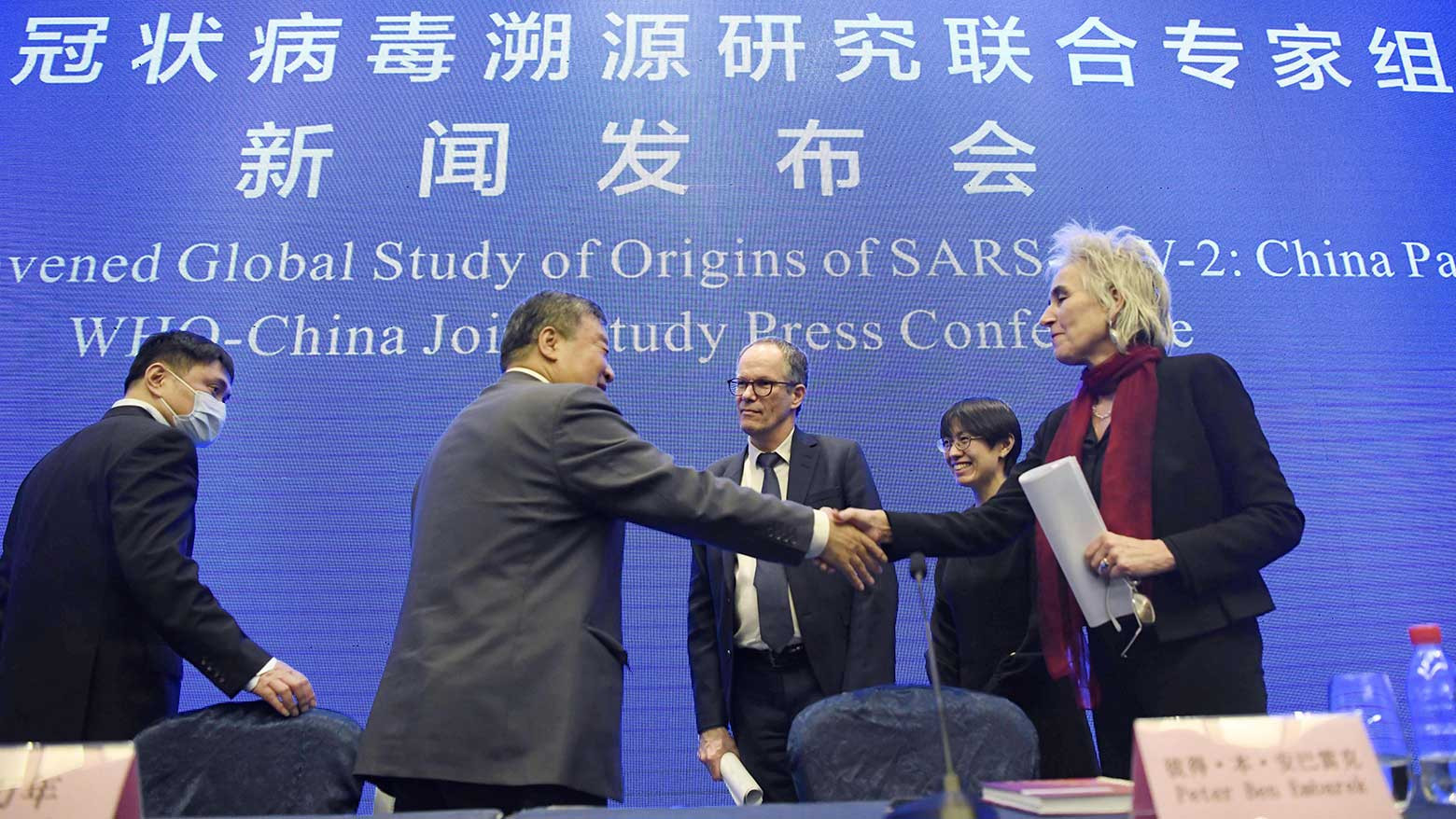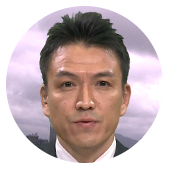Speaking to reporters on Tuesday, Peter Ben Embarek, head of the WHO team, dismissed the possibility that the virus had leaked from the Wuhan Institute of Virology — a conspiracy theory perpetuated by former US President Donald Trump.
But Embarek said that "cold chain" transmission was a possibility that warranted further investigation. The Chinese government has been pushing claims that the virus originated outside the country before entering Wuhan via the "cold chain" of the frozen food trade.
The WHO team began its field investigation on January 29 and visited a seafood market that is believed to be the location of the initial outbreak. They also visited the Wuhan Institute of Virology and interviewed officials there.
The trip was only possible after months of negotiations with Beijing, which has led to concerns about the independence of the investigation. The government chose which venues the experts were allowed to visit. The list included an exhibition showcasing the Communist Party's self-described success in containing the outbreak.
The WHO says it will continue its research but it is not known whether any additional on-site probes are planned.

Death of whistleblower doctor
Authorities in China are also trying to downplay a key anniversary in the history of the virus. It's one year since the death of the doctor, Li Wenliang, who tried to sound the alarm in the early stages of the outbreak.
Li was a 34-year-old ophthalmologist who worked at a hospital in Wuhan. In December 2019, he posted multiple warnings in an online chat group about a viral pneumonia outbreak in the city. The authorities subsequently accused him of spreading false information.
Three weeks after his first posts, the government acknowledged that human-to-human transmission was possible. Li later contracted the virus and died.

People in the city still hail Dr. Li as a hero. "He was the first person to warn people about virus. I want him back," said one man. "I'll never forget this hero of our city," said a 26-year-old woman.
But the authorities are said to be monitoring any conversation or activity related to the doctor's death. Last year, people left floral tributes in front of the hospital where he worked. But there were no flowers this year. Instead, security officers roamed the grounds and prevented people from leaving bouquets.
Chinese media outlets made little mention of Li on the anniversary of his death. At the exhibition the WHO team visited, a placard described the doctor as a "martyr" in the fight against the virus. But it did not mention his early warnings.

Let there be freedom of speech
Before his death, Li told Chinese media that "a healthy society should not have just one voice."
Ai Xiaoming, a writer living in Wuhan, agrees with that sentiment. She is among 500 reformist intellectuals and citizens who posted a document online accusing the Chinese government of mishandling the virus and saying its restrictions on freedom of speech contributed to the spread.
Ai's father died of a fever last February. He was unable to receive proper treatment because Wuhan's medical system was overstretched.
"You cannot expect a society to be healthy if people are only allowed to praise the government and are punished if they criticize it," Ai says. "The anniversary of Dr. Li's death is a perfect opportunity for everyone to think about the pain of losing a relative and how further tragedies can be avoided."



